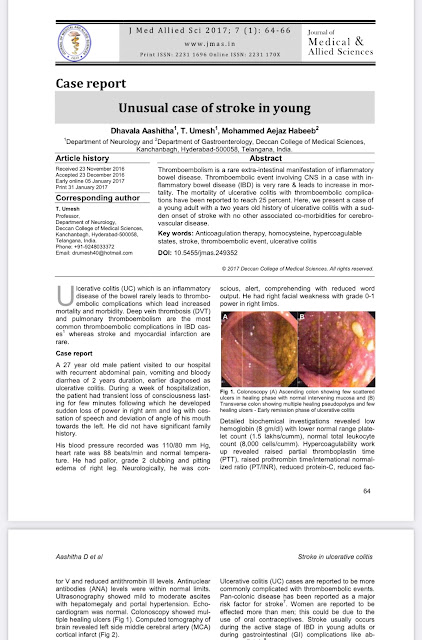thyroid dysfunction in type 2 DM
https://www.ncbi.nlm.nih.gov/pmc/articles/PMC6848627/
Both T2DM and TD are chronic diseases that require lifelong treatment and have a long-lasting effect on cardiovascular health. According to the International Diabetes Federation (IDF), in the year 2017, approximately 425 million adults worldwide were living with diabetes. The total prevalence of diabetes is increasing and is expected to be 629 million by 2045.
As per a large European meta-analysis, TD is present in 3.82% of the general population. Its prevalence among those with T2DM is significantly higher, ranging from 9.9 to 48%
A little light on thyroid effect on Diabetes and Vice versa
Excess circulating thyroid hormones in hyperthyroidism is associated with poor glycaemic control. When normal individuals develop hyperthyroidism, nearly 2–3% of them develop overt diabetes. Nearly 50% of those with Graves’ disease have some degree of glucose intolerance. Diabetic patients with hyperthyroidism experience worsened glycaemic control.
Thyroid hormone can act on various organs to affect glucose metabolism. It increases gastrointestinal motility and enhances glucose absorption. In the liver, it increases the activity of phosphoenolpyruvate carboxykinase (PEPCK), an enzyme that enhances gluconeogenesis. This hepatic gluconeogenesis may occur through the direct effect of the thyroid hormone or indirectly via glucagon or catecholamine.
The enhanced glycogenolysis and increased hepatic glucose output induces hyperinsulinaemia and glucose intolerance, causing peripheral insulin resistance. This worsens subclinical diabetes and exaggerates the hyperglycaemia in T2DM, increasing the risk of diabetic complications.
In the adipose tissues, thyroid hormone increases lipolysis. The increased serum free fatty acid level causes insulin resistance.
Hyperthyroidism increases GLUT4 gene expression and glucose uptake in skeletal muscles.
Hypothyroidism reduces glucose-induced insulin secretion, whereas hyperthyroidism enhances the response of beta cells to glucose. Degradation of insulin is also increased by thyroid hormone, and thyrotoxicosis increases insulin clearance. Thyroid hormone also increases glucagon secretion by pancreatic alpha cells.
Diabetes affects thyroid function by altering the thyroid-stimulating hormone (TSH) level and impairing the conversion of thyroxine (T4) to triiodothyronine (T3) in the peripheral tissues.



Comments
Post a Comment